Overview of Activities
Our central scientific hypothesis posits that increasing climate variability and uncertainty are intensifying the energy burden and threatening the resilience of energy systems, especially in regions with limited access to reliable resources. We hypothesize that AI-driven digital twin technologies can effectively address these challenges through enhanced forecasting, improved energy system planning, optimized operations, and informed energy policy.
To rigorously explore this hypothesis, we have formulated a number of research questions, each directly linked to specific research tasks. Figure 1 provides an overview of how our questions, tasks, and outcomes are interconnected.
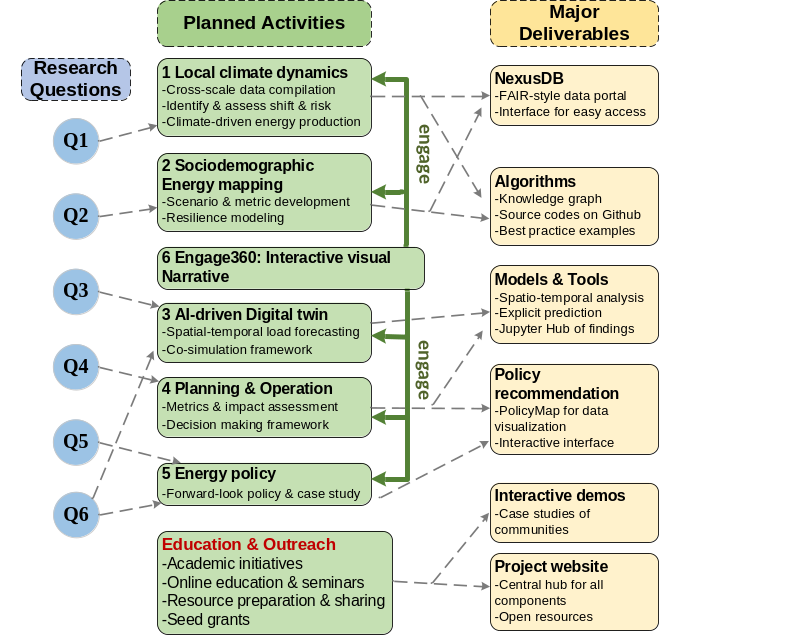
Figure 1: Research Goals, Planned Tasks, and Major Deliverables
Research Questions
- How are evolving local and regional climate patterns intensifying challenges within energy infrastructure and demand, especially in vulnerable communities?
- What are the most effective methods for integrating sociodemographic factors into energy planning considering increased risk from evolving climate?
- How can the integration of AI analytics with digital twin enhance our capacity to forecast, plan, and operate energy systems amid dynamic climate scenarios?
- What new community-centric models and methodologies can be developed to proactively improve energy reliability and system performance as climate conditions evolve?
- How can vulnerability assessments focused on evolving climate inform the development of energy policies that are both community-centered and climate-resilient?
- What are the essential indicators for assessing the effectiveness of AI-driven digital twin technologies in improving resilience and addressing uneven access to resources in the face of changing weather patterns?
Task 1
Multi-Scale Climate Dynamics:
Delving into Climate-Energy Nexus
Task 1.1 Construct Cross-Scale Data Integration from Long-Term Weather Records and High-Resolution Simulations
The researchers assigned to this task are Dr. Hu, Dr. Junod, Dr. Dubois, and Dr. Spangler.
This task will develop an open-source geodatabase integrating long-term weather observations with high-resolution climate simulations. Observations will be collected with collaboration from state climatologists and use citizen science programs to include a broad range of geographic areas. Finally, a WebGIS system with customized dashboards will be developed for interactive data exploration and analysis, supporting informed energy system planning and operation.
Task 1.2 Identify Historical and Future Shifts in Climate at Multiple Scales in Shaping the Energy Sector
Researchers assigned are Dr. Hu, Dr. Dubois, Dr. Christy, Dr. Ashokkumar, and Dr. Shi.
This task focuses on identifying how historical and future variations in climate patterns at various scales affect energy systems by synthesizing long-term observational data and simulations from 1980 to 2060, ranging from local to state levels (illustrated in Figure 2). Results will be integrated into Task 1.1 to provide more comprehensive testing of climate hypotheses.
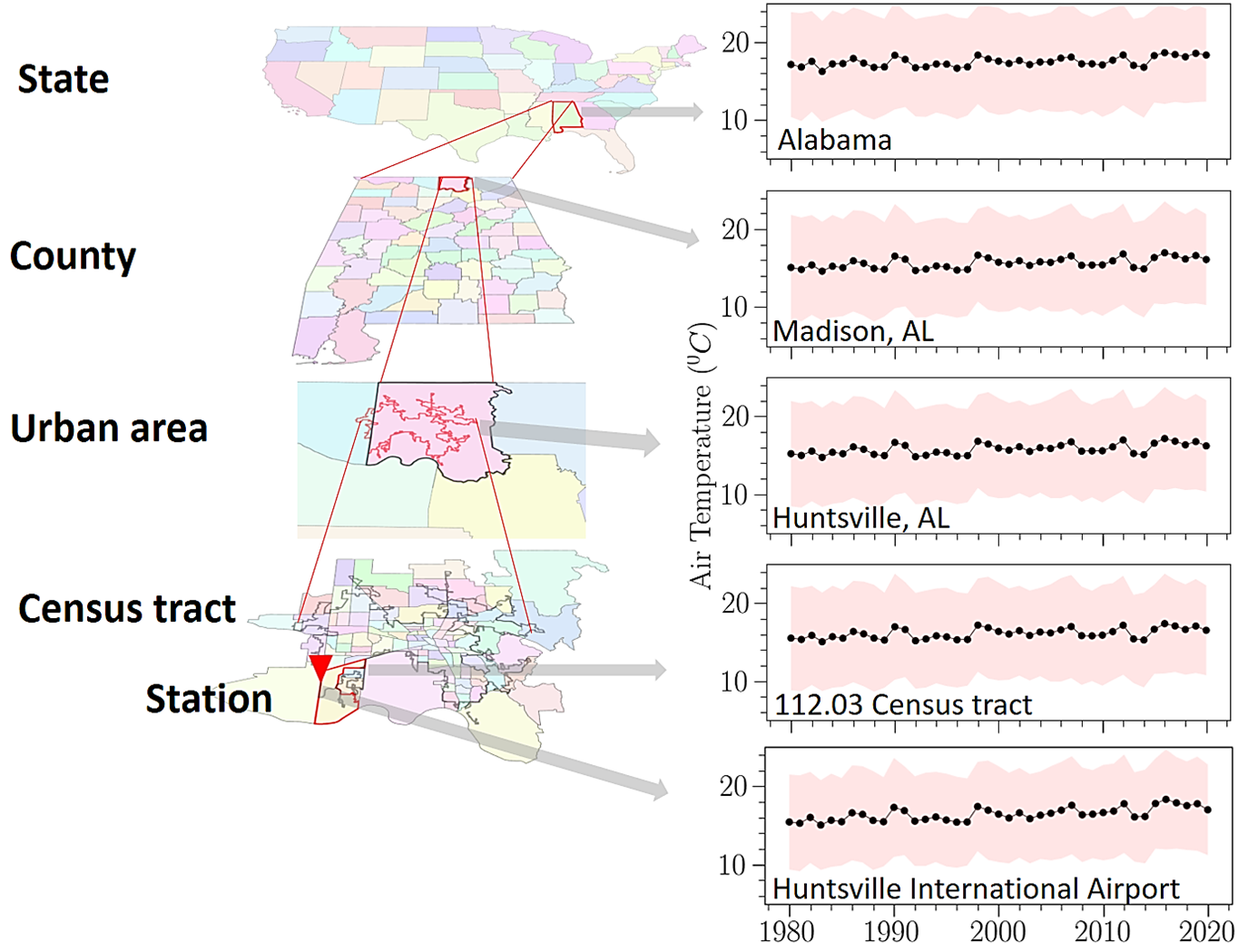
Figure 2: The hierarchical multi-scale structure of energy-related climate risk analyses.
Task 1.3 Assess the Roles of Land-Atmosphere Interactions in Shaping Variability of Risks Associated with Evolving Climate Patterns in Energy System
Researchers assigned are Dr. Ashokkumar, Dr. Dubois, Dr. Hu, Dr. Zhang, and Dr. Spangler.
This task examines the impact of land-atmosphere interactions in shaping variability of risks associated with evolving climate patterns in energy systems. The task focuses on how extreme weather events, intensified by changing climate pattern, and influenced by human activities like urbanization and agriculture, affect energy reliability. The goal is to identify areas of low energy resilience and predict future high-risk regions using regional weather models.
Task 1.4 Predict Climate-Driven Change in Renewable Energy Production
Researchers assigned are Dr. Hu, Dr. Dubois, Dr. Junod, Dr. Zhang, Dr. Wang, and Dr. Cui.
This task will develop methods to predict the impact of evolving climate pattern on renewable energy production. This task utilizes the comprehensive climate database developed in Tasks 1.1-1.2 to analyze historical weather patterns and project future variable renewable energy (VRE) outputs considering changing climate trends. The projections of VRE outputs will be validated and calibrated using data from various observational networks and resources. This task is vital for enhancing the understanding and management of renewable energy sources in the face of evolving climate conditions.
Task 2
Sociodemographic Energy Mapping
Task 2.1 Conduct a Socioeconomic Status (SES) Analysis
Researchers assigned to this task include Dr. Haggerty, Dr. Sullivan, Dr. Han, Dr. Zhao, and Dr. Shanahan.
This task involves a deep dive into the social and economic dimensions of communities. This analysis is utilized to prepare the research team and collaborators for effective community engagements and outreach, and help craft tailored energy solutions that inform strategies for addressing the unique challenges and needs of each community.
Task 2.2 Utilize Proven Strategies for Conducting Community Conversations
Researchers assigned are Dr. Sullivan, Dr. Surova, Dr. Han, Dr. Shanahan, Dr. Haggerty, Dr. Kirksey, and Dr. Shi.
This task promotes collaborative energy planning through community conversations. It uses stakeholder analysis to understand influences and roles, and a community conversation model (illustrated in Figure 3) to identify energy access and development challenges. This participatory model integrates community input into energy solutions. These solutions will then enhance the AI-driven digital twin platform’s ability to simulate various energy scenarios.
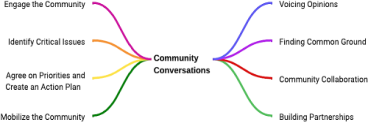
Figure 3: A roadmap of community conversations.
Task 2.3 Community-centric Energy System Design and Implementation
Researchers for this task are Dr. Han, Dr. Haggerty, Dr. Zhao, Dr. Wang, and Dr. Miller.
This task uses the insights from Tasks 1 and 2 to produce tangible energy solutions for communities. By developing and deploying customized pilot energy systems that are attuned to the unique needs and expressed preferences of each community we will integrate successful elements from these community-specific energy systems into broader energy policies for the local communities and the states of the region.
Task 2.4 Developing Context-Sensitive Energy Measures for the Digital Twin
Researchers include Dr. Han, Dr. Zhao, Dr. Haggerty, Dr. Zhang, and Dr. Surova.
This task will develop an integrated set of measures that comprehensively considers the socioeconomic context of communities. These new measures will extend the existing ones, which predominantly focus on the percentage of low-income, to account for a broader spectrum of socioeconomic attributes, providing a more accurate and meaningful understanding of energy issues. These innovative measures will integrate into the AI-driven digital twin, improving simulation accuracy and relevance, and informing policy recommendations and decision-making.
Task 3
Community-Centric Planning and Operation of
Resilient Energy Ecosystem
Task 3.1 Develop Location-Based Metrics
Research driven by Dr. Shi, Dr. Dadgostari, Dr. Spangler, Dr. Hu, and Dr. Sullivan.
This task develops key metrics for climate-aware energy system resilience, covering service reliability, resilience and adaptability. These metrics are essential for digital twins, informing climate adaptation simulations and optimizations.
Task 3.2 Model Interactions and Impact Dynamics
Researchers include Dr. Shi, Dr. Zhang, Dr. Cui, Dr. Dadgostari, and Dr. Spangler. This task aims to develop impact assessment models for energy systems, utilizing baselines and metrics from Task 3.1 to analyze “what-if” scenarios. An algorithm is designed to estimate resilience levels across multiple scales, from individual households to entire communities.
Task 3.3 Develop a Framework for Climate-Adaptive Multi-Timescale Infrastructure Optimization for Renewable Energy Systems
Researchers for this task are Dr. Wang, Dr. Dadgostari, Dr. Shi, Dr. Spangler, and Dr. Zhang.
This task develops a hierarchical optimization model to manage uncertainties from changing climate pat- tern and weather extremes by focusing on renewable energy infrastructure planning, as shown in Figure 4. Leveraging a multi-stage model for strategic energy system expansion, it addresses both long-term renewable energy shifts and short-term fluctuations. This enhances the AI-driven digital twin’s simulation capabilities for energy scenarios and infrastructure planning.
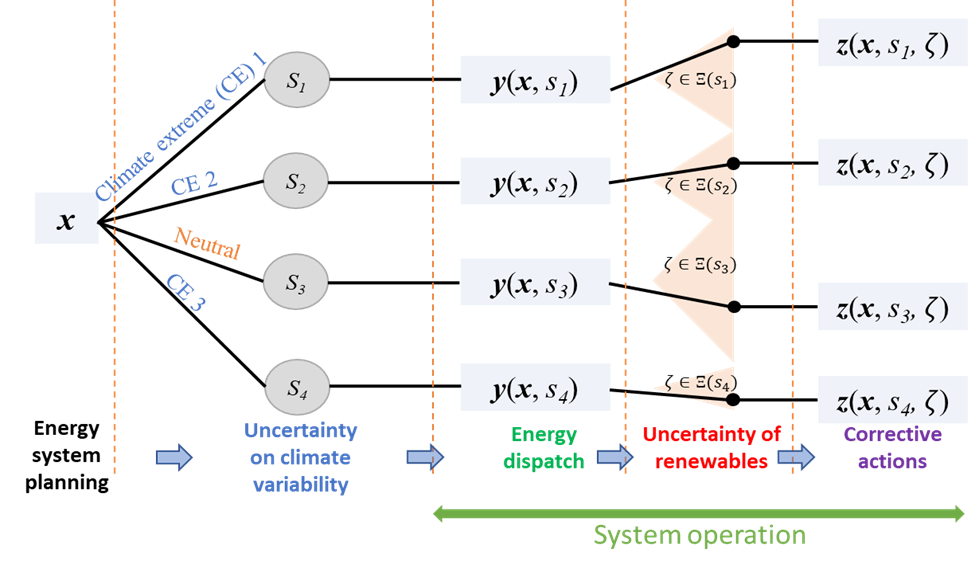
Figure 4: A multi-timescale uncertainty handling procedure.
Task 3.4 Model Community-Centric Load Restoration in the Aftermath of Power Outages
Researchers are Dr. Zhang, Dr. Spangler, Dr. Hu, Dr. Haggerty, and Dr. Wang.
This task aims to develop models for load restoration in communities following power outages, filling critical gaps in current smart grid technologies. It addresses two main challenges: the under-researched area of resilience infrastructure at the community level, and the tendency of existing restoration models to overlook the needs of communities. These models will leverage primary and auxiliary variables from Tasks 2.1-2.3 to promote fast electricity restoration across communities. This will enhance the digital twin’s functionality, making it a more robust tool for scenario planning and decision-making, especially during weather-related power outages.
Task 4
Digital Twinning the Climate-Energy Ecosystem:
AI-Driven Simulation and Prediction
Task 4.1 Community-Focused Energy Demand Forecasting
Researchers are Dr. Zhang, Dr. Wang, Dr. Shi, Dr. Spangler, and Dr. Cui.
This task is dedicated to developing community-level load forecasting models. Utilizing historical energy usage data from utility billing systems and additional insights from the American Time Use Survey, we will create predictive models for community-level energy demand employing recurrent neural networks (RNNs).
Task 4.2 AI-Powered Spatial-Temporal Renewable Forecasting
Researchers are Dr. Shi, Dr. Junod, Dr. Zhang, Dr. Dadgostari, and Dr. Hu.
This task focuses on advancing the adaptivity and accuracy of renewable energy forecasting within the digital twin, a critical aspect for energy planning and operation. The task addresses the integration of long-term resilience and weather extremes into the behavior modeling of energy prosumers.
Task 4.3 High-Fidelity Future Scenario Generation
Researchers are Dr. Zhang, Dr. Cui, Dr. Shanahan, Dr. Shi, Dr. Spangler.
This task focuses on creating high-fidelity power system operating scenarios, particularly under extreme weather conditions, to enhance the digital twin’s predictive capabilities. To address the limitations of current data climate-energy co-simulation data infrastructures, typically characterized by fragmentation and limited scale, our strategy involves compiling comprehensive, authoritative data from open-source databases and IEEE standard benchmark systems. This task will boost the digital twin’s capacity to simulate complex power systems across different environmental conditions.
Task 4.4 Development of an Integrated Climate-Energy-Community Digital Twin Platform
Researchers are Dr. Cui, Dr. Zhang, Dr. Shi, Dr. Wang, Dr. Hu, Dr. Han, Dr. Sullivan, and Dr. Christy.
This task aims to create an AI-driven digital twin framework that transcends mere power systems replication to encompass the entire climate-energy-community nexus. By integrating physical power system models with state-of-the-art climate solution simulators like En-ROADS and the C-ROADS climate policy model, the framework will be capable of conducting comprehensive simulations. As shown in Figure 5, a comprehensive digital twin framework is developed to integrate the findings from Task 1 to Task 6.
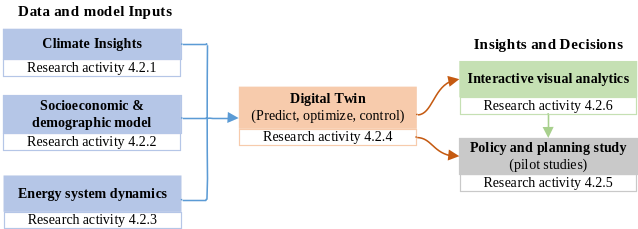
Figure 5: Model input/outputs for AI-powered spatial-temporal renewable forecasting.
Task 5
Digital Twin Driven System Planning and Energy Policy Analysis: A Pilot Study in New Mexico
Task 5.1 Develop and Refine Digital Twins for Communities
Research driven by Dr. Zhang, Dr. Sullivan, Dr. Surova, Dr. Zhao, and Dr. Wang.
This task focuses on the development and refinement of digital twin models for communities. This involves integrating different datasets, including demographics, climate patterns, and energy system specifics, to accurately represent each community’s unique energy infrastructure (illustrated in Figure 6). Advanced machine learning algorithms will transform these models into dynamic systems suitable for simulating various future scenarios. Rigorous testing and refinement against actual data will prioritize technological accuracy and community relevance. This refining process will also inform the development and methodologies established in Task 4.4, enhancing the overall effectiveness of the digital twin framework. The success of this task hinges on the models’ ability to adapt to a wide range of future energy scenarios and policies.
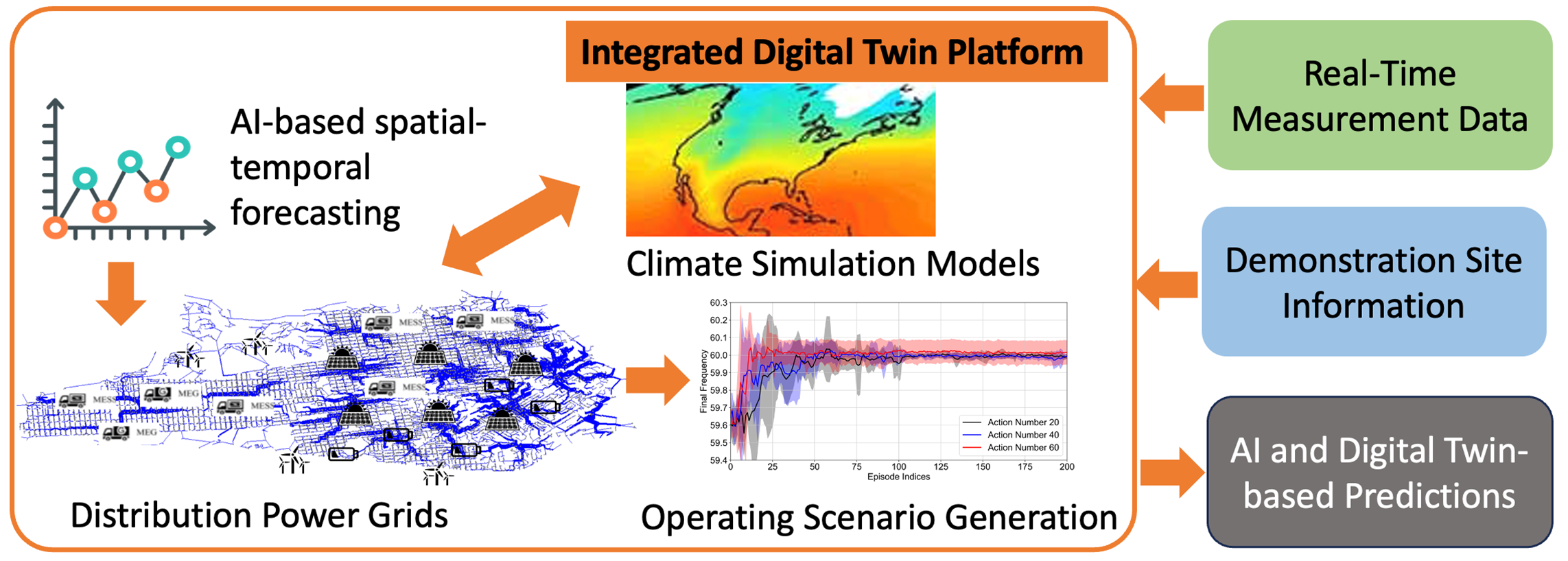
Figure 6: Platforms and overall model for digital twin development.
Task 5.2 Evaluate Energy Infrastructure Upgrade Options
Research done by Dr. Wang, Dr. Spangler, Dr. Han, Dr. Haggerty, and Dr. Sullivan.
This task involves simulating and analyzing the impacts of specific energy infrastructure upgrade strategies on resilience and energy burden within each community. This evaluation will provide insights into how these technologies contribute to the community energy resilience, security and development.
Task 5.3 Analyze Policy Impact and Energy Scenarios with Digital Twins
Research done by Dr. Junod, Dr. Han, Dr. Kirksey, Dr. Sullivan, and Dr. Wang.
The task aims to merge forward-looking policymaking (FLPM) with the capabilities of digital twin technology for scenario analysis and policy impact evaluation. This task will use comprehensive simulations via digital twins to project various energy policy and infrastructure scenarios, analyzing their impacts on community resilience. By integrating data on climate patterns, demographic shifts, and energy consumption trends, the task will provide detailed insights into the long term effects of different policy options. This approach enables policymakers to proactively anticipate and address future energy challenges and opportunities.
Task 5.4 Report, Recommend, and Disseminate Knowledge
Task driven by Dr. Zhao, Dr. Han, Dr. Junod, Dr. Sullivan, Dr. Ashokkumar, and Dr. Hu.
This task centers on compiling and synthesizing data and insights from digital twin simulations and pilot studies into comprehensive reports. A critical aspect of this task is the broad dissemination of these findings. The aim is to engage policymakers, community leaders, and other stakeholders, fostering informed discussions on climate resilience. This approach ensures that the research’s impact extends beyond academia, influencing policy decisions and empowering community action through shared knowledge and insights.
Task 6
Engage360: Translating Energy Insights into
Interactive Visual Narratives
Task 6.1 Integrate LLMs for Enhanced Feedback Processing in Digital Twin System
Research done by Dr. Shi, Dr. Cui, Dr. Zhang, Dr. Sullivan, Dr. Haggerty, and Dr. Dadgostari.
This task is dedicated to incorporating advanced LLMs into the digital twin system, specifically to process feedback from community leaders, stakeholders, and users. A user-friendly human-machine interface will be developed to allow stakeholders to effectively interact with the digital twin, ensuring their insights are promptly reflected in real-time updates and simulations.
Task 6.2 Enhanced Data Interpretation and Visualization through LLM Integration
Researchers are Dr. Shi, Dr. Sullivan, Dr. Wang, Dr. Hu, Dr. Dadgostari, Dr. Zhang, Dr. Cui, Dr. Dubois, and Dr. Haggerty.
This task aims to integrate LLMs into the digital twin system to enhance data interpretation and visualization, making complex outputs understandable to a wide range of users. By translating technical data into clear, actionable insights, LLMs simplify the digital twin’s outputs and highlight key trends in an easy-to-understand manner. An illustration of Engage360 is shown in Figure 7.
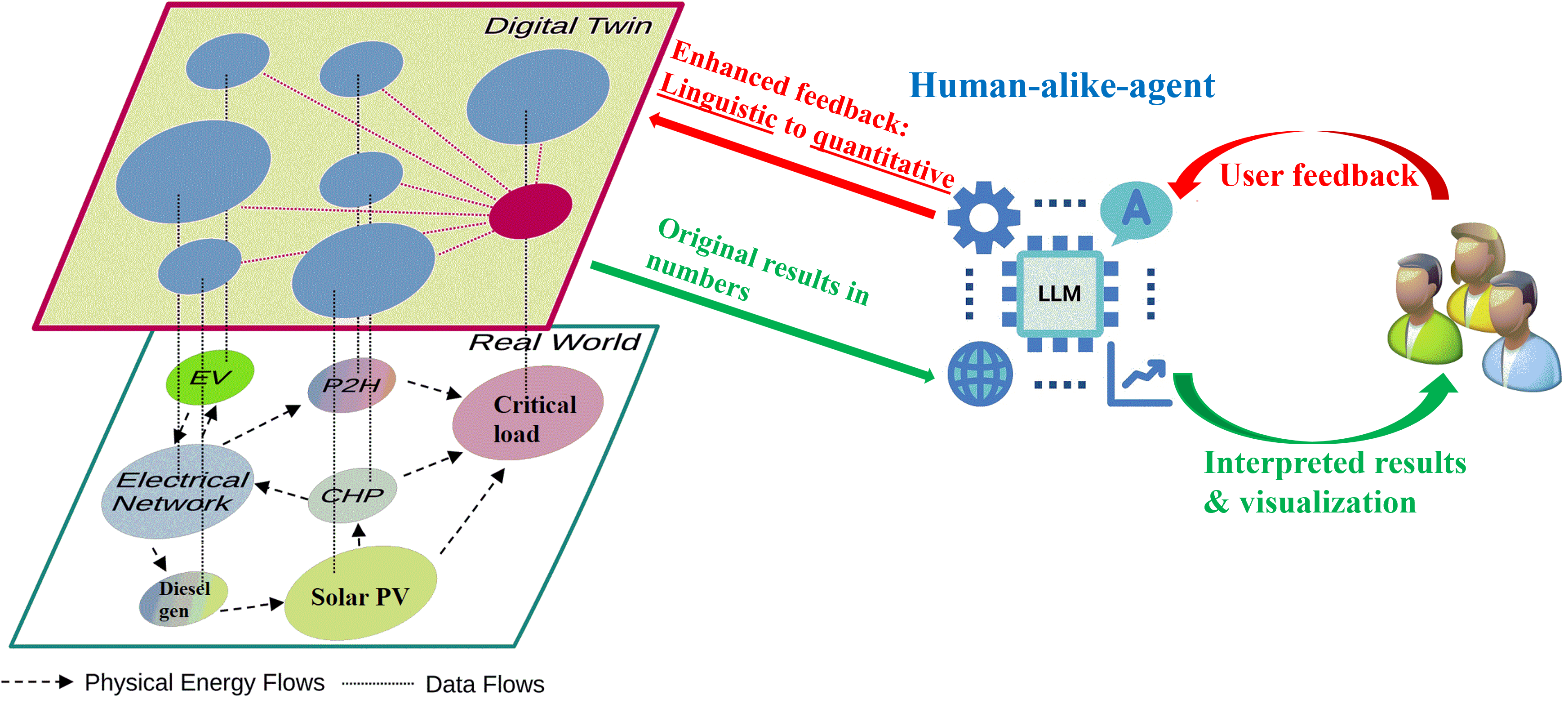
Figure 7: Integrate LLM into digital twin.